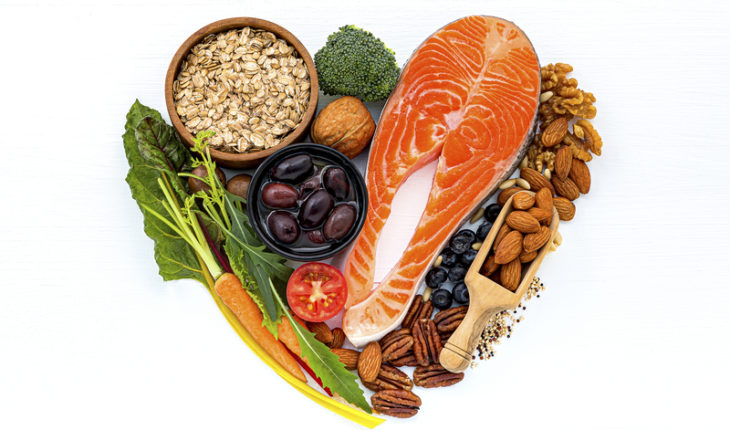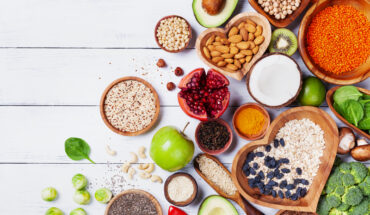Dietary fiber contributes to heart health, aids digestion, helps prevent diabetes, and may reduce your risk of certain cancers. But if you’re like most people, you aren’t consuming enough on a daily basis. You should make it a goal to eat 2 to 3 cups of fiber-rich foods each day.
Beans
Beans are a great source of fiber and protein, as well as other essential nutrients like potassium, calcium, and iron. Just one cup of beans can provide you with more than half the daily recommended amount of fiber.
There’s such a wide variety of beans to choose from and so many ways to use them, you’ll never get bored. Beans can be the centerpiece of a dish, such as a chili or beans and rice. Or, try adding kidney or cannellini beans to pasta or chickpeas in a salad.
Green Vegetables
Vegetables should be a main component of your daily diet if you’re trying to increase fiber intake. Green vegetables are especially a strong source of fiber and are also excellent sources of calcium, folate, and iron. Broccoli, brussels sprouts, and avocado are always good choices.
Leafy green vegetables are easy to integrate into your diet. Try eating a salad for lunch each day. Eating salads is a great way to get fiber-rich vegetables. Use a variety of lettuce and greens and add carrots, onions, nuts, and seeds for additional flavor and nutrition.
Whole Grains
People eat plenty of foods made of grain, but unfortunately, the grain is usually refined and processed to remove much of the healthy fiber. White bread and baked goods made of white flour do not provide the fiber that whole grain products do.
The good news is, in our health-conscious times, there are whole grain choices available in foods like bread, bagels, pasta, and pancake mix. It’s not difficult to prepare grains such as barley, millet, and quinoa for a side dish or to add to salads and other dishes. Popcorn is also considered a whole grain and makes a satisfying low-calorie snack.
Increasing your intake of dietary fiber can have benefits in the short-term with better digestion and lower blood sugar. You may even feel fuller and eat less, leading to weight loss. In the long term, eating foods that are high in fiber can have positive effects on your overall health and wellbeing.
Check out this article on nutrients that are critical to your digestive health!




